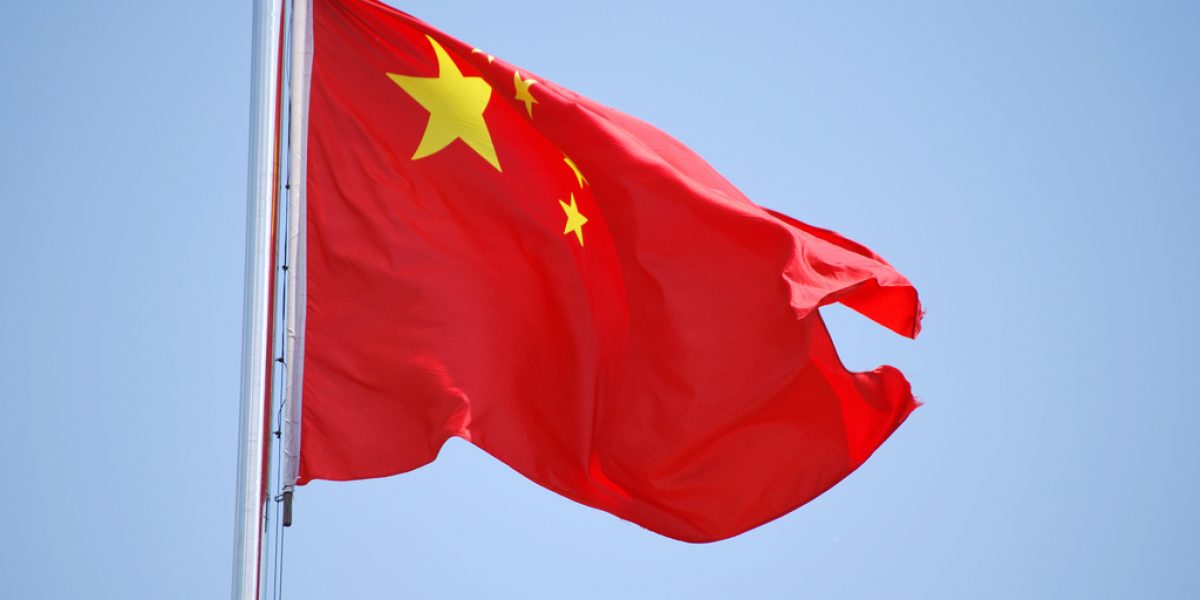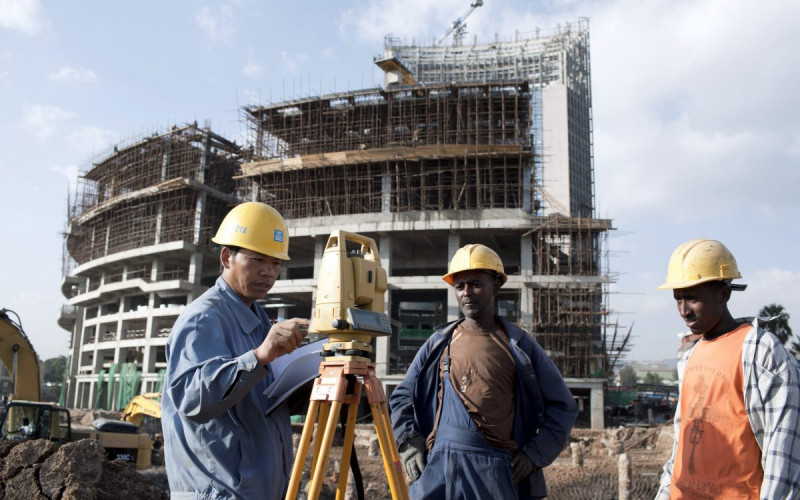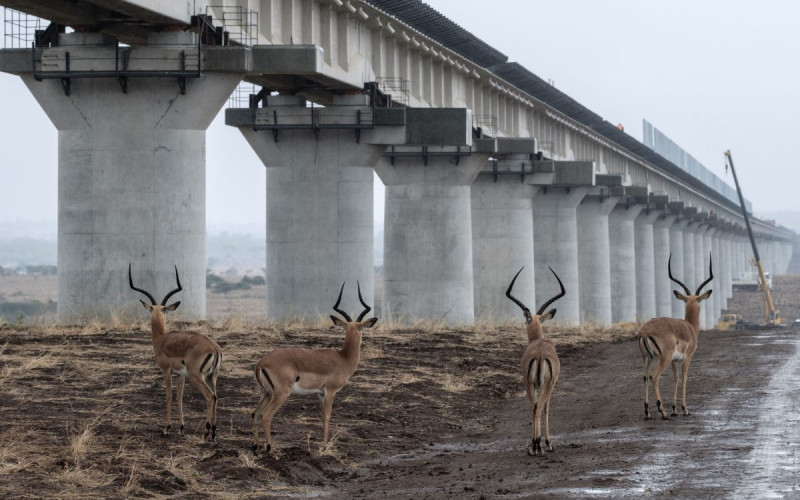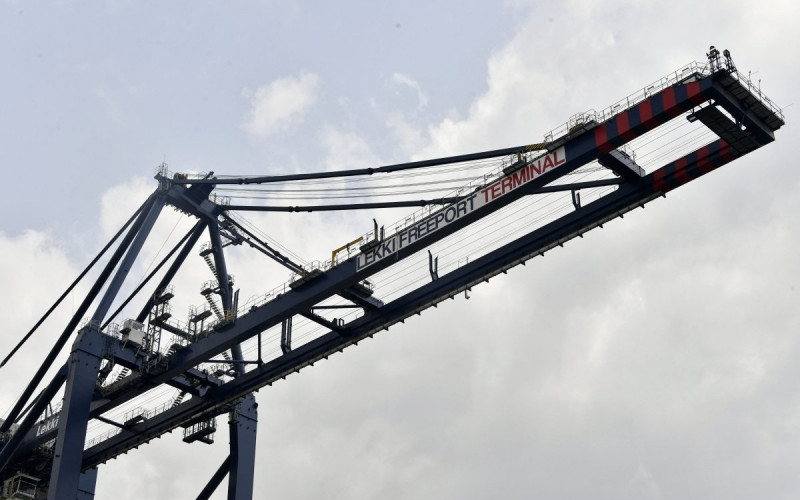It has also increased its agricultural investment in Africa. With China’s rapid economic rise, the global economic downturn and its uncertain recovery, and the challenge of climate change, China’s agricultural investment in Africa has developed against a backdrop of closer economic ties with the continent.
Although agricultural growth has increased in Africa in recent years, food security remains a severe challenge. International organisations and programmes, such as the UN millennium development goals, have called for greater investment in Africa to reduce poverty and eradicate hunger. Despite international and local concerns, China’s investment in Africa in infrastructure and agricultural technology and training could facilitate agricultural growth in Africa. China itself has demonstrated sustainable growth in agriculture, improvement in the livelihood of small-scale farmers, and success in reducing rural poverty.
The paper analyses the driving factors behind China’s agricultural investment in Africa, particularly from the perspectives of economic development and market factors, and concerns about food security. It considers the implications of China’s experiences in terms of institutions, productivity and technology. Finally, the paper addresses the issues of the ‘Green Revolution’ and ‘green technology’ in the context of China’s agricultural investment in Africa, and suggests policy recommendations for further studies.







